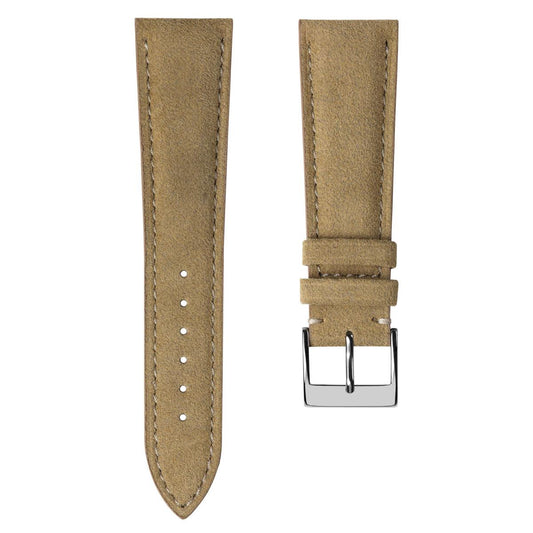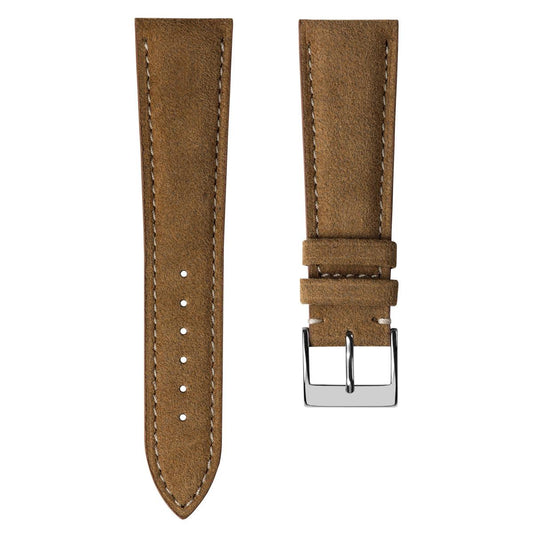Since 1874, Piaget has been synonymous with crafting high-precision movements in a feat that formed the very foundations of their pioneering name. However, it was in the 1950s that the brand first showed us the ultra-thin movements that would later become their trademark. Watches and Wonders 2024 sees four creations from Piaget, each special and unique.
Piaget Altiplano Ultimate Concept Tourbillon 150th Anniversary

Piaget has once again pushed the boundaries of horological ingenuity. Shaped by a quest for elegance and driven by inventiveness, this unrivalled timepiece boasts 2mm, the same thinness as its predecessor. All the while, it shelters the beating heart of a flying tourbillon. A natural next step in the Maison’s journey, this invention is both a technical and emotional milestone.
With a diameter of 41.5 mm, guaranteed water resistance to a depth of 20 metres and a blue PVD-treated cobalt alloy case, the Altiplano Ultimate Concept Tourbillon appears to possess all the features of an everyday watch. However, its 2 mm thickness and its flying tourbillon take it to a different plane: that of the extraordinary. Set in circular motion by a bridge encircling it, the carriage of the Altiplano Ultimate Concept Tourbillon completely subverts the current state-of-the-art technical principles.

Contrary to appearances, Piaget had to redesign 90% of the components of the original Altiplano Ultimate Concept- and even develop new machinery- to craft a watch as thin as its groundbreaking predecessor, with an added flying tourbillon. Inside the Altiplano Ultimate Concept Tourbillon, everything is new: its parts have been reinvented and redesigned, drawing on years of experience. “We did far more than merely add a tourbillon. We reinvented everything,” explained Benjamin Comar, Piaget CEO.
Piaget capitalised on its expertise with ultra-thin technology, especially drawing on its ultra-thin, 4.6 mm 670P tourbillon calibre, which fit inside a case 7.35 mm thick. Its flying tourbillon fit into a space that was a mere 1.49 mm in height. With no upper bridge, it was only held in place by its underside.
Piaget Polo Date

- Regular price
- £138.00
- Regular price
-
- Sale price
- £138.00
- Unit price
- per

- Regular price
- £138.00
- Regular price
-
- Sale price
- £138.00
- Unit price
- per

- Regular price
- £138.00
- Regular price
-
- Sale price
- £138.00
- Unit price
- per

This new model is a limited run of 42 mm and 36 mm, both made of steel with a rubber strap. Each version will be produced in a series of 300.
To fully understand the impact of the Piaget Polo watch, we need to look back to 1979. It hails from an era Piaget named “Sport-chic” when integrated steel bracelets were the fashion norm. Yves preferred to work only with precious materials, utilising the sales line: “Piaget time… measured only in gold”. His watches came to define the highest end of this genre, with the Piaget Polo being the model that defined all others. The brand was worn by celebrities and adorned the stands of Polo matches globally.
Now, in 2024, we have two new versions with a beige strap set with 91 brilliant-cut diamonds. These two new watches bridge a gap between the 1970s Piaget Polo collection and the modern era. However, they are not just recreations, as this is the first time the 36 mm version has appeared with a rubber strap. The models are £12,000 without and £18,000 with diamonds.
Piaget Polo 79

Conversely, the Polo 79 is a recreation of the original 1970s model. The key element of the original watch was that it appeared to be carved from a single piece of gold, which miraculously incorporated the case and the bracelet.
The 2024 Polo 79 is the purest expression of the original design, albeit updated to reflect current tastes and trends. The 1970s quartz calibre has been cast aside and replaced by an ultra-thin 1200P1 in-house self-winding calibre that can be admired through the crystal back of a case slightly enlarged to 38mm. In every other way, it is the same masterpiece executed entirely in 18-carat gold.






